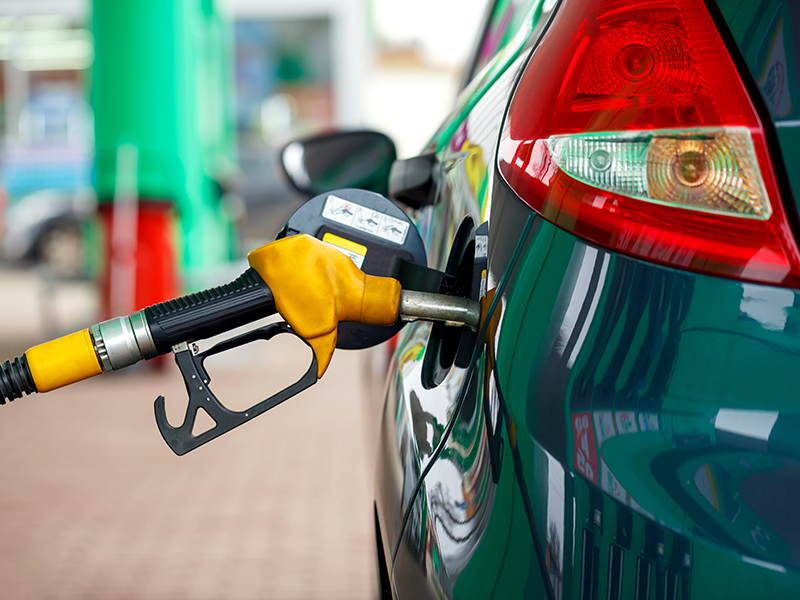Route planning and monitoring can reduce fuel costs and at the same time improve productivity. For example, it can help drivers avoid traffic jams and congestions, which will result in less fuel consumption and costs to your business.
Route optimisation software can help you cut planning time and ensure an efficient fleet movement.
11th November 2021
Make the most of your fuel – tips to improve your fleet’s fuel efficiency

UK diesel and petrol have reached record high prices, having a knock-on implication for fleets. Analysts predict that the situation isn’t likely to improve, and prices may remain high until the end of the year.
For this reason, we wanted to share a few long-term tips to help you combat the increasing fuel prices and improve the fuel efficiency of your fleet.
Lighten the load and try not to keep unnecessary external items in your vehicle. Overloading your vehicle requires the engine to work harder which increases fuel consumption. Moreover, extra weight can cause tires to deflate faster, which again can affect fuel economy.
Excess weight doesn’t only contribute to higher fuel expenses, but it can also affect safety, increase maintenance costs and downtime.
Another big factor affecting fuel consumption is your drivers’ driving habits. Providing regular trainings to your drivers can help modify driving behaviour which will lead to lower fuel consumption as well as fleet emissions. For example, idling wastes fuel so once minimised it can contribute to fuel savings, less pollution as well as reduced maintenance costs.
Also, make use of telematics to monitor driver behaviour and performance. By doing so, you will get in-depth understanding of where further improvements can be made.
Vehicle selection is an important process which can help you reduce costs in a long term. Nowadays, there are different alternatives to ICE vehicles to help you optimise your fleet efficiency.
Often when considering whether to switch to an EV, there are some concerns that they are too expensive. But, whilst the initial cost of an EV may currently be slightly higher than the petrol or diesel version, the cost to run one is significantly cheaper in the long run. We have created some EV cost comparison examples to show how an EV can compare to its petrol and diesel counterparts for both companies or individuals looking to go Green.
It’s important to regularly maintain and service the vehicles on your fleet as this can positively affect fuel consumption and help cut costs. For example, tyres should be inflated to the correct pressure to avoid resistance – underinflated or overinflated tyres affect fuel economy.
If you would like to speak to some of our experts, please feel free to get in touch today.